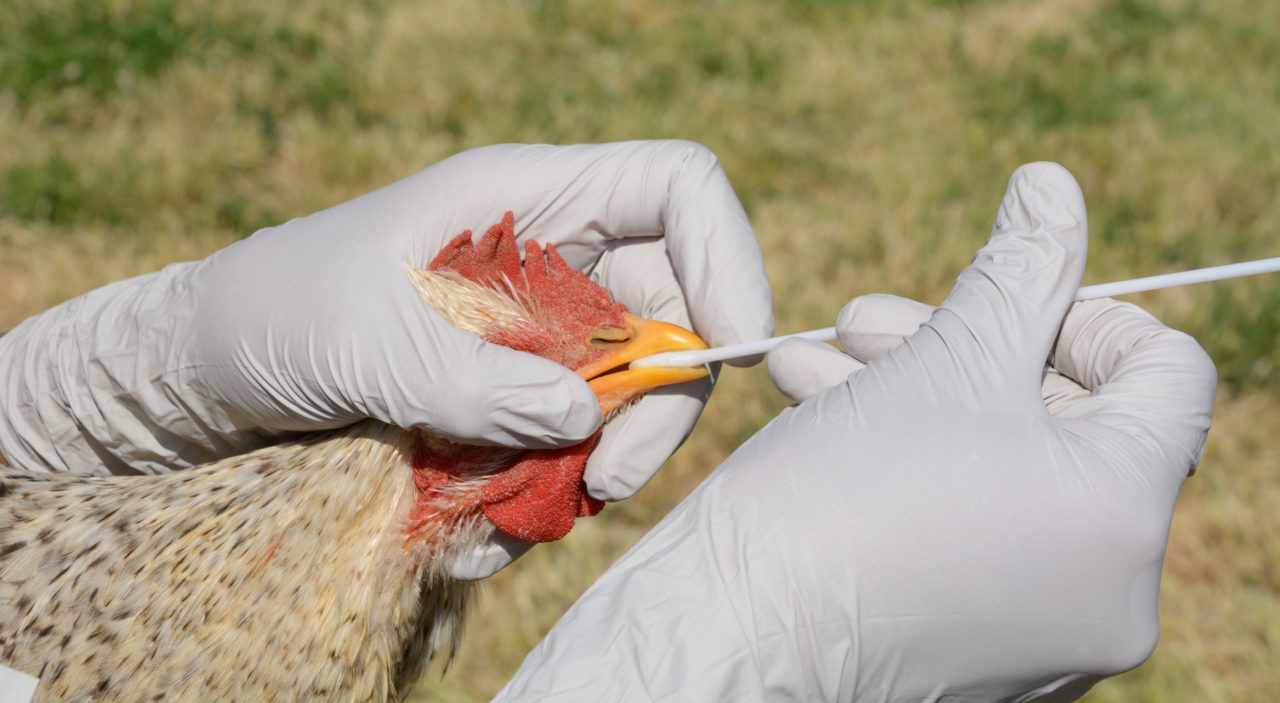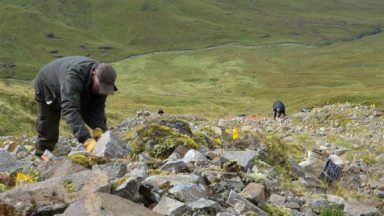The government of Hong Kong has suspended meat imports from part of Scotland amid concerns over the spread of bird flu.
Poultry, including eggs, from the Isle of Lewis has appeared on a list of temporarily barred foodstuffs following the declaration of an avian influenza “prevention zone” across the UK in an effort to curtail a “devastating” outbreak of the virus.
The H5N1 strain has also ripped through breeding colonies of seabirds, killing thousands in some sites and affecting threatened species from puffins to hen harriers.
Hong Kong’s Centre for Food Safety (CFS) said it had imposed the restriction to protect public health.
Several other areas which have been badly hit by the virus, including parts of Essex, Lincolnshire and Norfolk, have also been included in the suspension alongside those in Arkansas and Kansas in the United States.
A spokesperson for the government body said: “The CFS has contacted the American and British authorities over the issues and will closely monitor information issued by the World Organisation for Animal Health and the relevant authorities on the avian influenza outbreaks.
“Appropriate action will be taken in response to the development of the situation.”
Hong Kong imported around 880 tonnes of chilled and frozen poultry meat and about 160,000 poultry eggs from the UK in the first six months of this year, the CFS said.
The chief veterinary officers of England, Wales and Scotland announced it will now be a legal requirement for all bird keepers to follow strict measures to protect flocks from the disease, including keeping free range birds in fenced areas and stringent biosecurity for staff on farms.
The UK has faced its largest ever outbreak in the past year with 190 cases confirmed across the country since late October 2021 – 30 of which were confirmed since the beginning of this month.
There are currently 47 cases in the UK, 43 of which are in England, two in Scotland and one each in Wales and Northern Ireland.
Professor Paul Digard, chair of virology at the Roslin Institute, The University of Edinburgh and member of the FluMap consortium, a government-backed project to fill in knowledge gaps in the disease, said it was not a major danger to people.
When the virus appeared in 1997, it was able to infect and cause severe disease in humans, but it appears to have become less infectious for people over the years, he said.
He added: “We have to keep an eye on it because it could change back the other way. But right now, I don’t think this is a major danger to people.”
Follow STV News on WhatsApp
Scan the QR code on your mobile device for all the latest news from around the country


 iStock
iStock
























